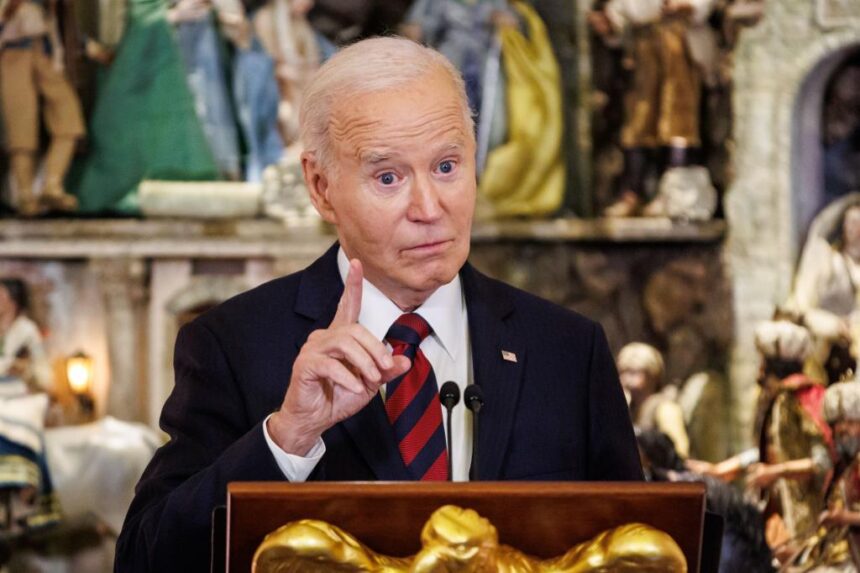President Biden is granting clemency to approximately 1,500 individuals who were released from prison and placed on home confinement during the COVID-19 pandemic. He is also pardoning 39 Americans convicted of nonviolent crimes, marking the largest single-day act of clemency in modern history.
The commutations are for individuals who have completed at least one year of home confinement after their release. This decision was made in response to the high rate of COVID-19 spread in prisons, with reports showing that 1 in 5 prisoners had contracted the virus.
President Biden stated that he would be taking more steps in the coming weeks and continuing to review clemency petitions. This act of clemency surpasses the previous record set by President Barack Obama in 2017.
Biden emphasized the importance of providing second chances and restoring opportunities for individuals who have shown remorse and rehabilitation. The clemency also included a pardon for his son Hunter, who faced legal issues related to gun and tax crimes.
Advocacy groups are urging Biden to grant pardons to a broader range of individuals, including those on federal death row. The president is also considering pre-emptive pardons for individuals involved in investigating attempts to overturn the 2020 presidential election.
The individuals pardoned by Biden on this day had been convicted of nonviolent crimes such as drug offenses but had since turned their lives around. The president had previously issued 122 commutations and 21 other pardons.
There are ongoing calls for Biden to pardon environmental and human rights lawyer Steven Donziger, who has been under house arrest due to a contempt of court charge. Additionally, efforts are being made to commute the sentences of federal death row prisoners.
As Biden prepares to leave office, more pardons are expected, although the possibility of guarding against prosecution by the incoming Trump administration remains uncertain. The president has been contemplating this idea for several months but is concerned about the precedent it may set.
A president has the authority to pardon or commute sentences, a tradition often exercised at the end of a term. Despite his previous pledges, Biden issued a pardon for his son Hunter, citing political influence in the prosecution. This decision was met with mixed reactions, with only about 2 in 10 Americans approving of the move.
Source link





